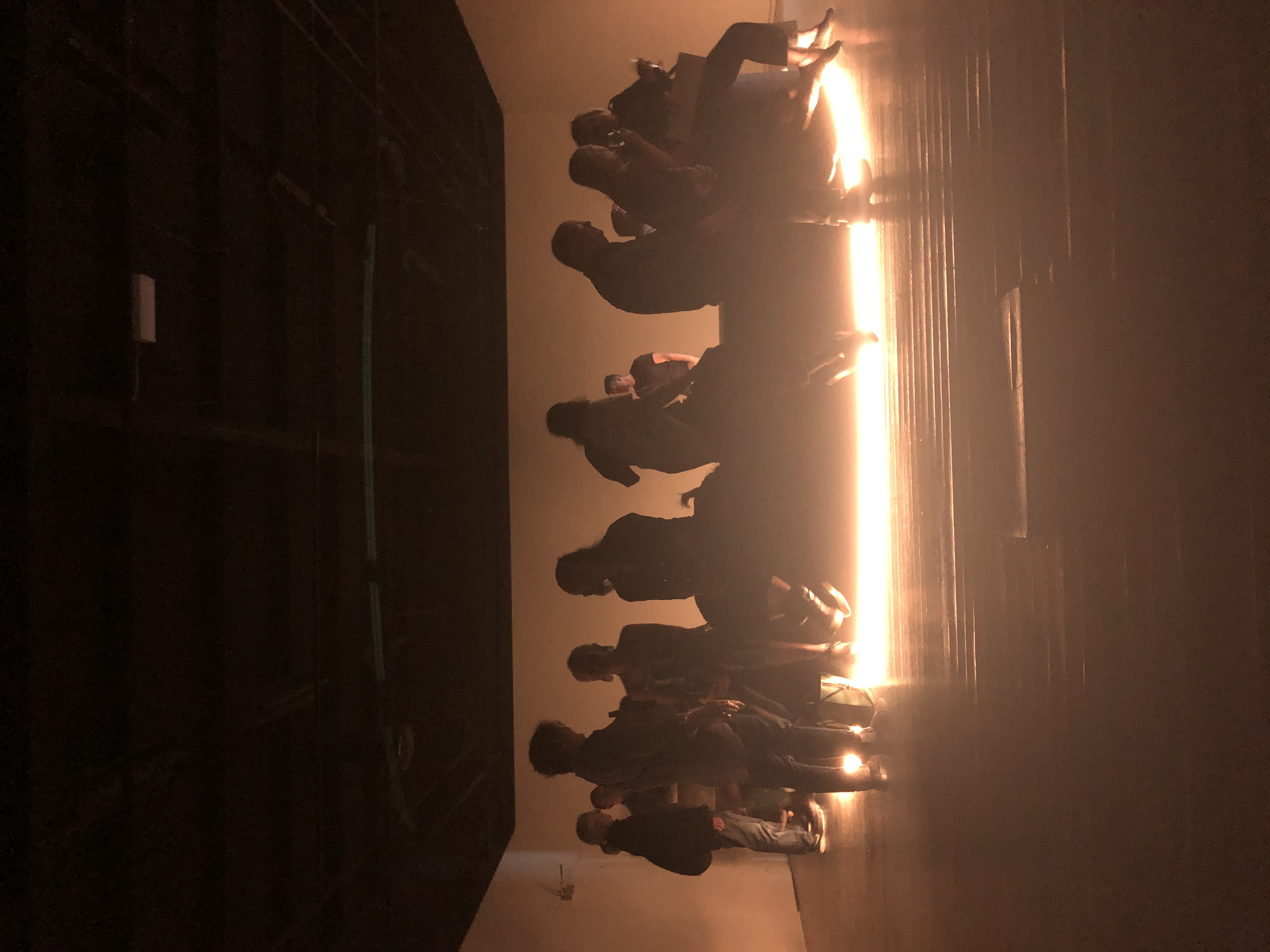Instrumental Logic and the Science of the Occult
Catalogue Essay, written to accompany La morte mi troverà vivo by Mat Ward
La morte mi troverà vivo is a 90 minute sound piece/installation commissioned by Contemporary Art Tasmania and exhibited in their gallery Jan 24 - Feb 23 2020. It was curated by Sarah Jones.
The full set of catalogue essays is available at https://www.matward.net/essaya
Instrumental Logic and the Science of the Occult
Around the same time as the Italian futurists were doing their thing and Russolo’s Art of Noise got written, Freud, Jung, and Reich were claiming the psyche from the domain of priests. Edison was done introducing the lightbulb and had turned his attention to spiritualist immersion, and the Hermetic Order of the Golden Dawn were schisming all over their great synthesis. These various endeavours all shared a passionate investment in enlightenment subjects while sustaining the romantic dream of rich, thick worlds both intangible and significant. In terms of the modern west, it was a moment that balanced the confidence and the excitement of the new with the eternal seduction of the ineffable.
The instrumental logics at play when an atheist fucks around with the universe have a very particular flavour, and tend to find a comfortable home within the frame of rationality. In this context, the very act of inquiry becomes bounded and thus to a degree secure. You can’t really get away from the fact that, if you seek to speak to the dead, there is an inherent risk that you might, in fact, manage to speak with the dead. But belief and fear can be bracketed precisely because one experiments. The allusion to scientific method protects the occultist from both the vastness of mystical realms and the likeliness of failure, while still holding open the possibility of success. The long dark past of humans not speaking with the dead loses its weight: conceivably, just possibly, maybe this time, someone will speak back.
If there’s one thing that occultists tend to do well, it’s to hover between essentialism and scepticism. For a bunch who tend to think they’re unassailable in their psychological protections, they are strangely vulnerable to the seduction of the mystical. But occultism seeks to be the practice, even the science, of the intangible. Protected from the sincere naivety that religionists are often accused of, they can yet still claim insight into the universe in a way rationalists will never be able to. There is a testable proposition, an underpinning logic of process and purpose that permits an experiment. And it is this thread of the logic itself that allows it pragmatic use for spiritual purpose, and separates the magician from the believer: no matter how rarefied the symbol is from its source of meaning, that connection creates a rope the spiritual explorer can use to pull themselves back to shore.
Take the numerology here – Why numerology? Well, its partially functional: if you can’t take your intonarumori with you to Italy, then what do you do? You translate: concept into symbol, symbol into numbers, and numbers can then inform whatever is needed. The encoded meaning is still meaning, and holds whatever valence was there still. But it’s not just functional. Numerology is a thing. It has been a thing long before the broadsheets got a hold of astrology for Sunday morning fodder, and it’ll remain a thing well after newspapers lose their market share. John Dee spent quality time in the 16th century pointing out that numbers are the building blocks of the universe, alongside his empire building hobbies. Of course, he had a fair chunk of cabbalist thought to lean on, which has got to be helpful. But using numbers to understand the universe has weight, it has meaning, it has tradition.
Russolo had a deeply occult bent, and the kinds of systems of sound he was playing around with were magical acts as much as experiments in aesthetics. Subtle bodies, multiple levels of
existence, correspondences, and a drive towards universality were pretty commonly known, thanks to Blavatsky’s Theosophy. Contemporary intelligentsia tends to assume that anything mystical or magical is at best naïve or worst insane, and so we cast that shadow backwards in time. But it wasn’t like that. The futurists, indeed many in that era, accorded the occult sciences a similar stature to material studies. Weaving together maps of the universe and guidelines for interfacing better with it were part of the broader mission of the time, and Russolo’s Art of Noise was a means to bridge the spiritworld: a conjuring in which noise was spiritualised, and thus the dead called.
Vibration, for so many occultists both then and now, is the whole of the thing. Sound and light are particular manifestations of universal energy, which is only ever really specific frequencies, that can both reflect concept and create stuff. Get it right, and lead becomes gold. Get it right, and a portal opens.